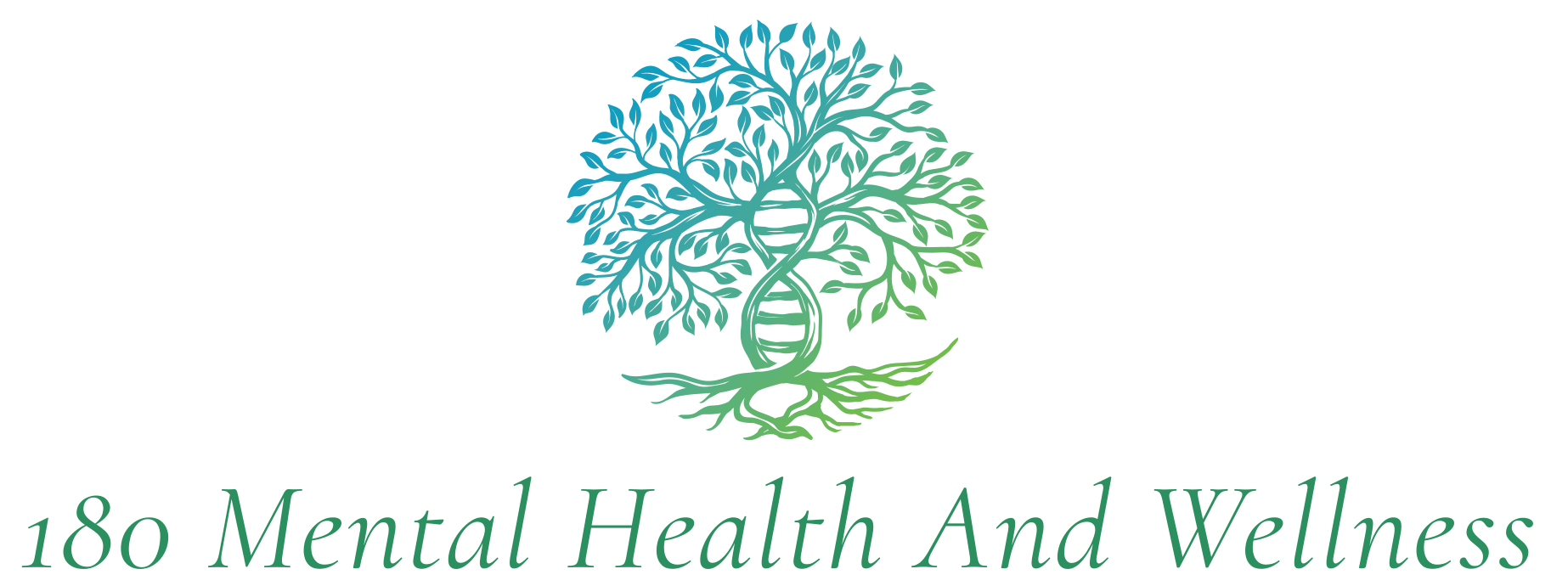Living with attention deficit hyperactivity disorder (ADHD) as an adult can be challenging. The world expects us to be organized, focused, and consistent. Yet, for those with ADHD, these expectations often seem out of reach. It is not just an issue of being easily distracted. It is about managing time effectively, completing tasks, and maintaining relationships.
Many adults with ADHD find these challenges overwhelming. Fortunately, there is hope. Psychotherapy for ADHD in adults has emerged as a powerful tool to help manage symptoms.
Why Psychotherapy for ADHD in Adults Works
Living with ADHD as an adult can be really hard. It affects how you manage your day-to-day activities and your feelings.
Psychotherapy helps by offering ways to deal with these challenges through support and strategies.
Personalized Approach
One great thing about psychotherapy is that it is all about you. ADHD affects everyone differently. This is why mental health providers learn about your unique struggles and create a plan that fits your needs.
They help you set goals that you can actually reach and check your progress along the way. This focus on what works best for you makes managing ADHD easier.
Developing Practical Skills
Psychotherapy is not just about talking; it is about learning skills that make life better. You can learn how to manage your time more effectively. This includes making daily plans, setting reminders, and breaking big tasks into smaller, easier chunks.
These skills help you feel less stressed and get more done, making everyday life smoother and more manageable.
Emotional Support and Validation
Having ADHD may make you feel upset or anxious. Therapy gives you a place to talk about these emotions where you will not be judged.
Mental health providers listen and help you work through your feelings. They also teach you to accept and be kinder to yourself. This support is important for finding better ways to cope with ADHD.
Enhanced Self-Awareness
In therapy, you learn more about how you think and feel. This helps you understand your ADHD patterns better, so you can make smarter choices and have more control over your actions.
By knowing what sets off problems, you can handle them with more confidence and make decisions that are right for you.
Building Stronger Relationships
ADHD can make it hard to get along with others. Therapy helps you communicate better and read other people’s cues more accurately.
You learn to solve conflicts and change negative habits, which can improve your relationships at home and work. Healthier interactions lead to a more satisfying and connected life.
Long-Term Benefits
While medicine can quickly ease symptoms, therapy offers benefits that last. It teaches you skills that help you adjust to new situations and keep improving over time.
By choosing therapy, you can see lasting positive changes and enjoy a happier, more fulfilling life.
The skills you gain continue to help you long after therapy is over, paving the way for lasting personal growth.
Psychotherapy for Adults with ADHD
Psychotherapy is a kind of help where a mental health provider talks with you to understand and solve your problems. For adults with ADHD, it acts like a helpful support system.
How Psychotherapy Helps
While medicine works on the brain side of ADHD, psychotherapy helps with behavior and feelings.
It gives you tools and tips to handle ADHD symptoms better and make daily life easier. This kind of therapy can be adjusted to fit what each person needs.
The Role of Cognitive-Behavioral Therapy (CBT)
Cognitive-behavioral therapy (CBT) is an effective type of psychotherapy for ADHD. CBT helps change negative ways of thinking and acting.
It is especially good for people with ADHD, because it teaches you how to deal with distractions and stay focused.
Building Practical Skills
Mental health providers work closely with individuals to develop vital practical skills. These include:
- Time Management: Learning how to plan and allocate time efficiently to complete tasks.
- Planning: Creating effective strategies for day-to-day activities and long-term goals.
- Organization: Developing systems to keep track of responsibilities and reduce chaos in daily life.
These skills are all essential to living a fulfilling life.
Addressing Emotional Challenges
Apart from building practical skills, providers also assist in overcoming emotional hurdles. Common challenges for adults with ADHD include stress, anxiety, and low self-esteem.
Therapy provides a safe space to explore these feelings and develop healthier responses.
Empowering Individuals
The biggest aim of psychotherapy for ADHD in adults is to empower people to gain control over their lives.
Despite the challenges that ADHD may bring, therapy encourages personal growth and self-discovery. What an adult learns in psychotherapy can become powerful tools for managing the condition in daily life.
By developing new skills and coping mechanisms, adults can improve their overall well-being. In turn, they can lead more fulfilling lives.
Effective Psychotherapy for ADHD in Adults in Phoenix, AZ
Living with ADHD as an adult can be challenging, but it does not have to be overwhelming. Psychotherapy offers a valuable avenue for managing symptoms and improving well-being. With personalized support, practical skills, and emotional validation, individuals can thrive. If you are managing ADHD, consider exploring psychotherapy. It might be the key to unlocking a more balanced and fulfilling life.
Trust 180 Mental Health and Wellness to guide you on this path. Call (480) 863-5250 or fill out an appointment request form to schedule a consultation. Take the first step toward a brighter future today.
We look forward to serving you!
Sources:
https://my.clevelandclinic.org/health/treatments/23445-psychotherapy
https://my.clevelandclinic.org/health/diseases/4784-attention-deficithyperactivity-disorder-adhd

